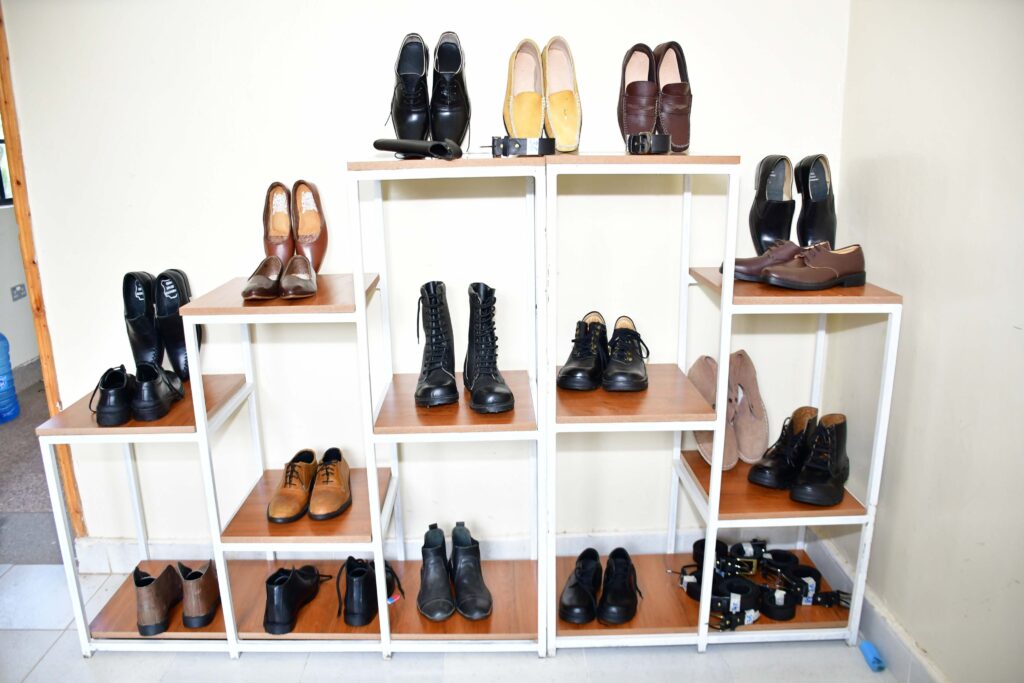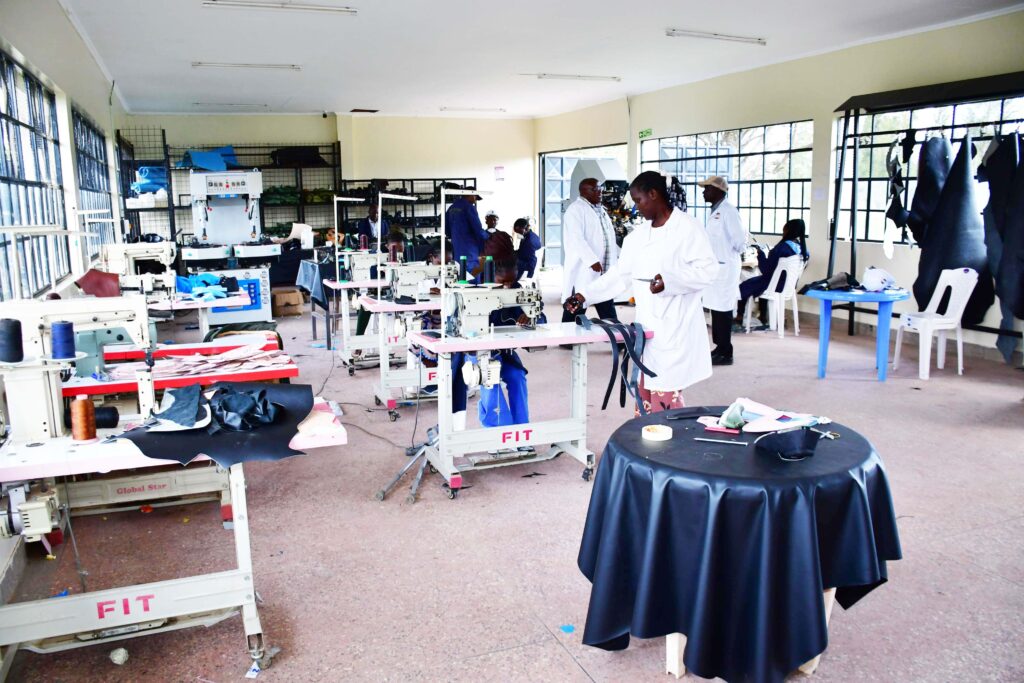The Ewaso Ng’iro Tannery and Leather Factory, a flagship project under Kenya’s industrial transformation agenda, is now fully operational following its commissioning by H.E. President William Ruto during his recent development tour of Narok County. The facility is already making a tangible impact on the local economy and positioning Kenya as a competitive player in the regional leather industry.
Situated in a region known for its large livestock population, the tannery was strategically established to capitalize on local raw materials and enhance value addition in the leather sector. The facility processes raw hides through a systematic production chain including selection, soaking, liming, tanning, drying, and finishing to produce high-grade leather suitable for both domestic and export markets.

The production process utilizes a blend of chemical and mechanical treatments to ensure high efficiency, consistency, and compliance with environmental standards. The factory’s operating model, where leather is purchased by weight and sold by area (square foot), significantly increases the value of the end product while promoting resource optimization.
With over 150 locals already employed at the facility, the tannery is emerging as a key employer in the region. In addition, it currently hosts 17 students from national universities and polytechnics on industrial attachment, providing them with practical training in areas such as leather technology, laboratory science, and mechanical engineering. This hands-on experience is equipping young professionals with the skills needed to thrive in Kenya’s evolving industrial landscape.
Beyond direct employment, the tannery serves as a nucleus for small and medium enterprises (SMEs) engaged in the manufacture of footwear, bags, belts, and other leather products. With a job creation ratio of 1:10 across the value chain, the facility is catalyzing wider economic activity, supporting artisans, and fostering entrepreneurship in surrounding communities.
The factory is expected to begin generating profits within its first year of full operation, demonstrating the economic viability of rural-based industrial projects. It also underscores the government’s broader agenda to decentralize industrial development and shift from raw material exports to value-added manufacturing.

In addition to supporting local livelihoods, the tannery is enhancing Kenya’s capacity to meet both regional and international demand for quality leather products. Its establishment marks a significant step toward reducing the country’s reliance on imported finished leather goods and building a sustainable, homegrown industry.
As the Ewaso Ng’iro Tannery continues to expand operations, it is set to become a benchmark for rural industrialization offering a replicable model for similar projects across the country and the continent.







